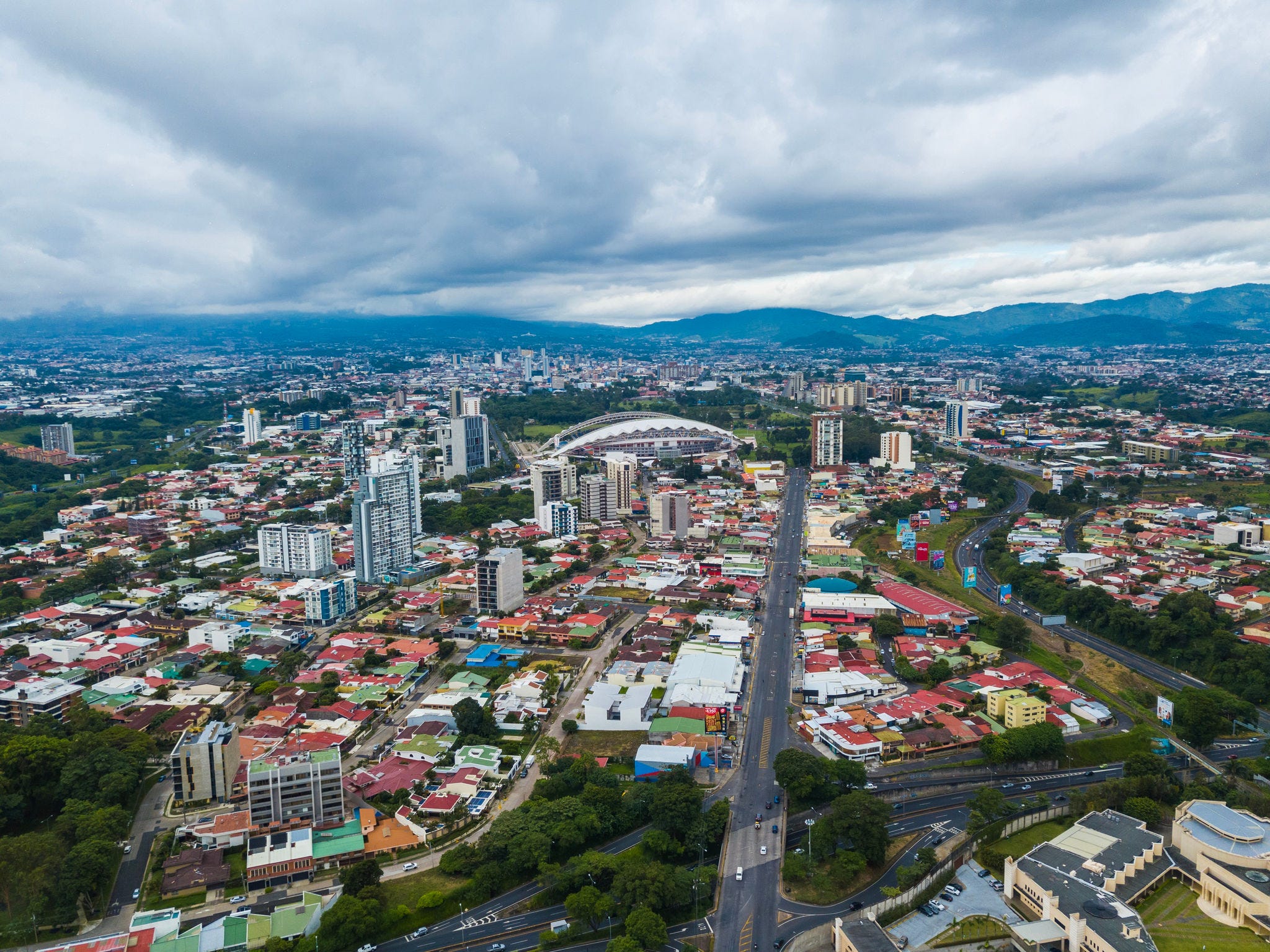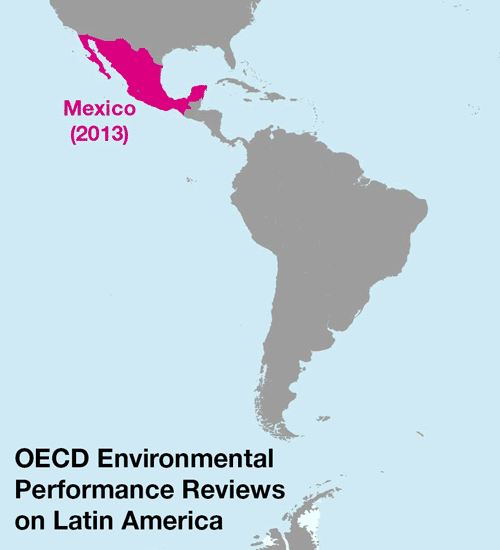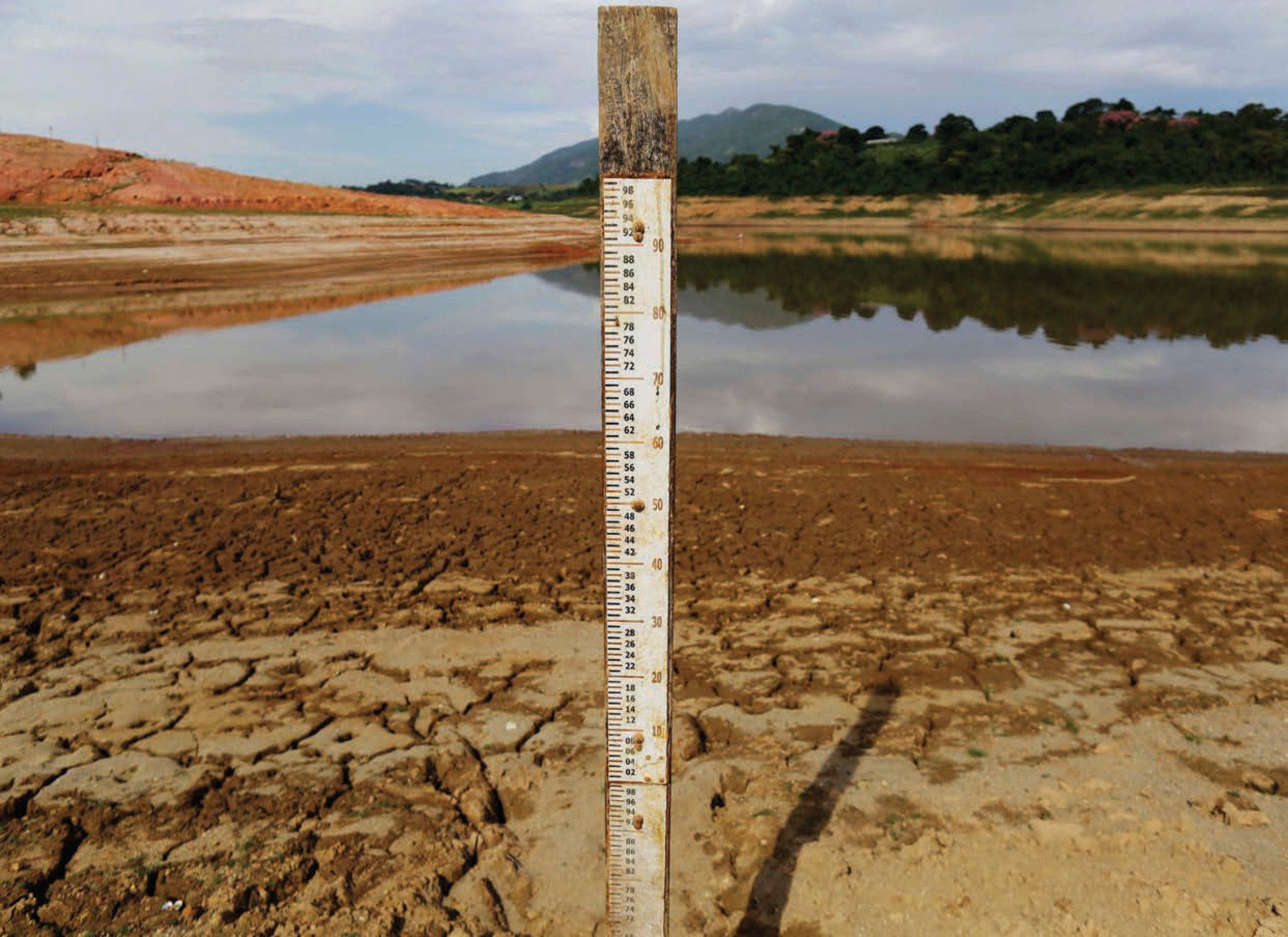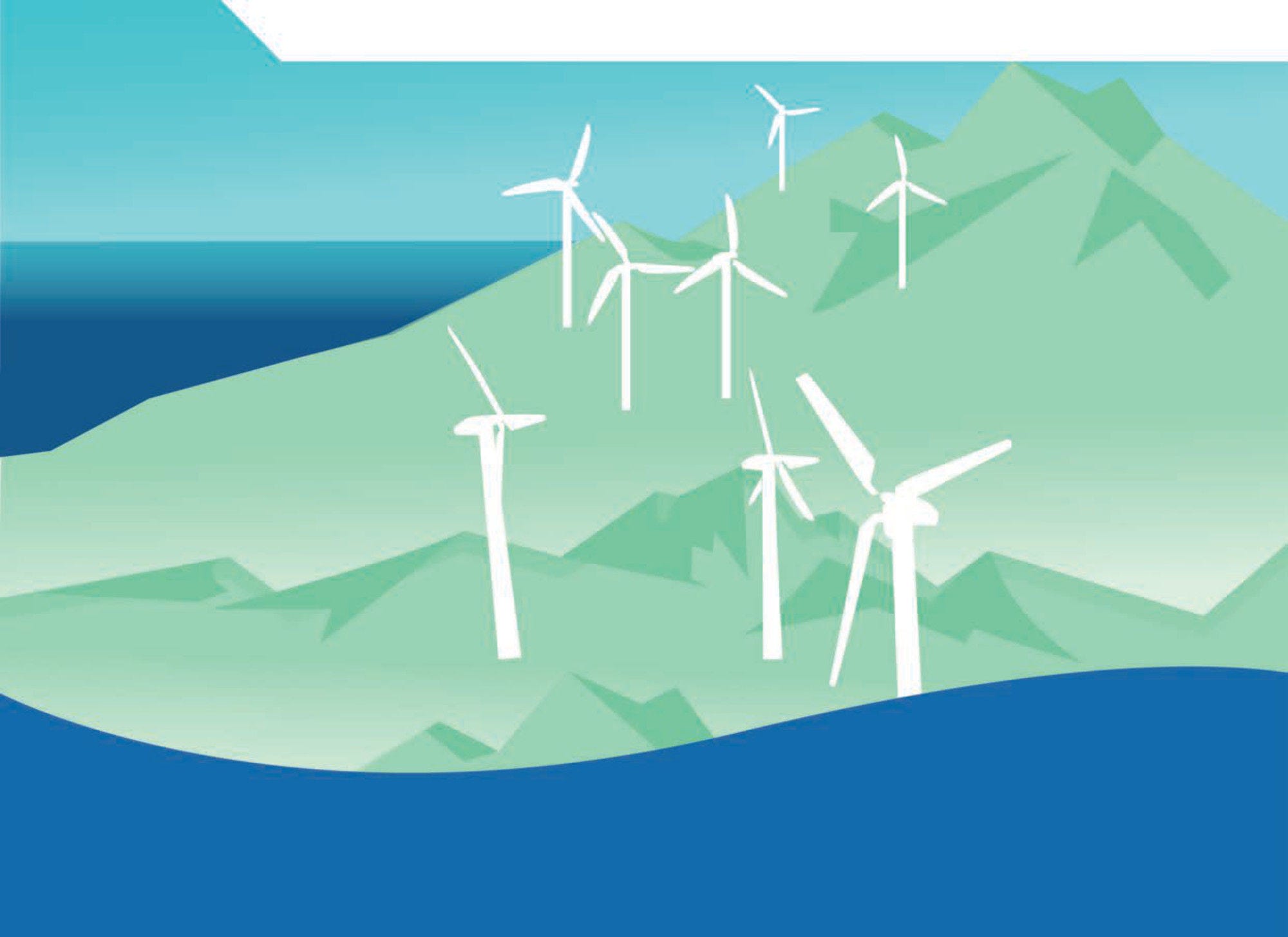The Latin America and Caribbean (LAC) region is home to 40% of the world’s biodiversity and one-third of global fresh water sources. Having been struck over the past decades with increasingly extreme weather events, including flooding, hurricanes and prolonged draught, the region has proven to be also one of the world’s most vulnerable regions to the effects of climate change.
The COVID-19 pandemic underscored the critical need to align environmental policy with the economic recovery and enhanced social protection measures. In this context, environmental and climate issues have gained greater prominence on the LAC region's political agenda. The LAC Regional Programme (LACRP) supports regional efforts in the implementation of environmental sustainability initiatives and the advancement on the 2030 Agenda for Sustainable Development.
The LACRP introduced the Environmental Sustainability Priortity in December 2021, during the 13th Steering Group Meeting. This priority was added to the three original thematic pillars that coincide with the most pressing challenges of the region: increasing productivity, enhancing social inclusion and strengthening institutions.
During the 2022-2025 cycle, the LACRP ensures that projects aiming to support these three priorities also consider environmental sustainability. The programme also facilitates regional policy dialogues between OECD and LAC countries on issues related to environmental sustainability priorities, such as promoting effective action on climate neutrality and resilience. It will also produce new indicators and regional analyses to contribute to an evidence-based policy debate in the region.






